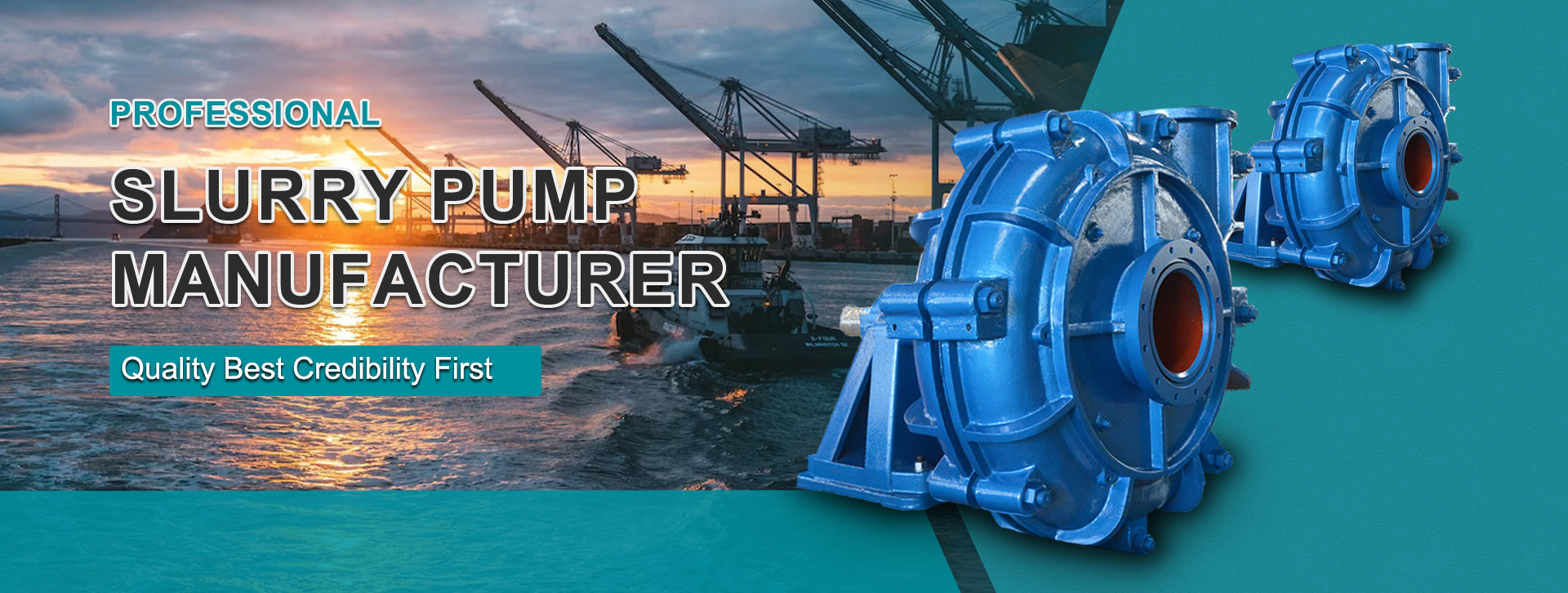dets. . 01, 2024 11:03 Back to list
Casting Slurry Pump Component Manufacturing Companies and Their Key Offerings
The Importance of Casting Slurry Pump Parts A Focus on Factory Production
In the realm of industrial manufacturing, the importance of reliable equipment cannot be overstated. Slurry pumps, which are designed to handle abrasive and corrosive materials, play a critical role in various industries, including mining, construction, and wastewater treatment. At the heart of these pumps are their components, especially those made through advanced casting processes. In this article, we will explore the significance of casting slurry pump parts, their production in factories, and the advantages they bring to the industry.
Understanding Casting for Slurry Pump Parts
Casting is a manufacturing process where molten material—usually metal—is poured into a mold to create the desired shape upon solidification. This technique is particularly beneficial for creating complex geometries that are often required in slurry pump components like impellers, casing, and wear plates. The casting process ensures precision in size and shape, which is crucial for the efficient functioning of slurry pumps.
Different casting methods, such as sand casting, investment casting, and die casting, can be employed based on the specific requirements of the slurry pump components. For instance, sand casting is often used for larger parts due to its flexibility and cost-effectiveness, while investment casting is favored for smaller, more intricate designs that require a superior surface finish.
The Role of Factories in Manufacturing
The production of casting slurry pump parts typically takes place in specialized factories equipped with advanced technology and skilled labor. These factories are designed to handle the complexities associated with metal casting, including material selection, melting processes, and quality control.
1. Material Selection The choice of material is paramount for slurry pump parts, as they must withstand harsh operating conditions. Common materials include cast iron, stainless steel, and bronze, each offering unique properties that cater to different types of slurry applications. Factories often work closely with suppliers to ensure that the raw materials meet stringent industry standards.
2. Precision Engineering Factory setups often include automated machines and tools that enhance precision in the casting process. CNC (Computer Numerical Control) machines are commonly used to ensure that parts are manufactured to exact specifications. This precision reduces the risk of failure or inefficiencies in the slurry pumps.
casting slurry pump part factories

3. Quality Control Rigorous quality control measures are implemented throughout the manufacturing process. Factories conduct various tests and inspections to ensure that the casting slurry pump parts meet the required mechanical properties and standards. This includes non-destructive testing methods like ultrasonic testing, which can identify internal flaws without compromising the integrity of the component.
Advantages of Casting Slurry Pump Parts
1. Durability and Strength One of the primary advantages of using cast parts in slurry pumps is their enhanced durability. Cast materials are often designed to resist wear and tear, making them ideal for handling abrasive materials like sand, gravel, and other solid contaminants.
2. Cost-Effectiveness While the initial setup for casting may involve higher costs, the long-term savings in maintenance and replacement make it a cost-effective option. Slurry pumps built with cast parts tend to have extended operational lifetimes, reducing downtime and the associated costs.
3. Customization The casting process allows for a high degree of customization. Factories can produce parts tailored to specific applications or operational environments, ensuring optimal performance.
4. Improved Performance High-quality casting results in better pump efficiency. Slurry pumps with precisely cast components have improved hydraulic performance, leading to increased throughput and reduced energy consumption.
Conclusion
The manufacturing of casting slurry pump parts in specialized factories is a fundamental aspect of industrial operations that depend on reliable pumping solutions. By utilizing advanced casting techniques, factories can produce durable, cost-effective, and high-performance parts that are essential for the efficient operation of slurry pumps. As industries continue to evolve and demand higher efficiency, the significance of these casting processes will remain paramount in ensuring that slurry pumps meet the rigorous challenges of modern applications. Thus, investing in high-quality casting and manufacturing processes will yield significant dividends in performance and reliability for years to come.
-
Top Submersible Pump Companies High Quality Manufacturers & Suppliers in China
NewsJul.08,2025
-
High Quality Seal for 5 Inch Dredge Pump Reliable China Manufacturer & Supplier
NewsJul.08,2025
-
High-Efficiency Slurry Sand Pump from Leading China Manufacturer – Durable & Reliable Solutions
NewsJul.07,2025
-
High-Quality Slurry Pump Made in China Durable Steel Mill Slurry Pump & Parts
NewsJul.07,2025
-
High Quality Excavator Dredge Pump Manufacturer & Suppliers from China – Reliable, Durable, Efficient Solutions
NewsJul.07,2025
-
Wholesale Slurry Pump Closed Impeller Supplier High Efficiency China Slurry Pump Closed Impeller
NewsJul.06,2025
